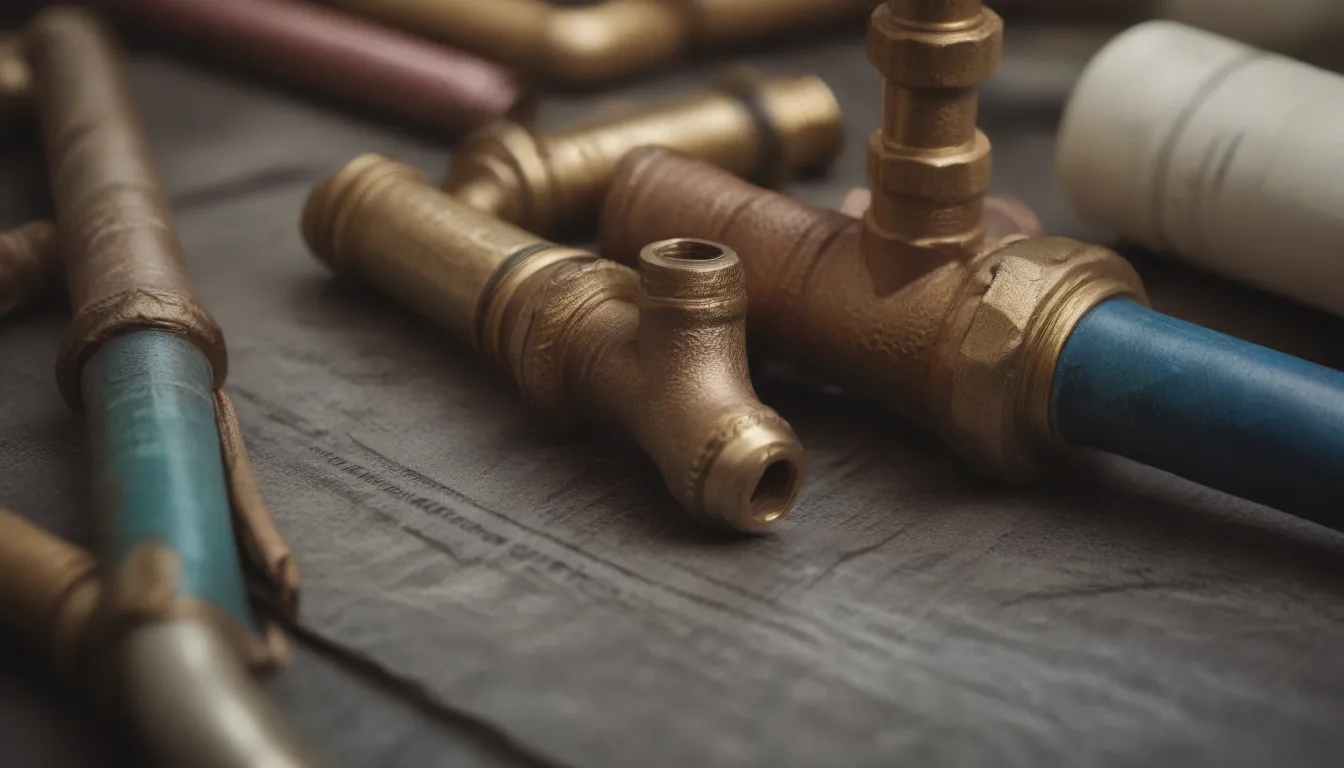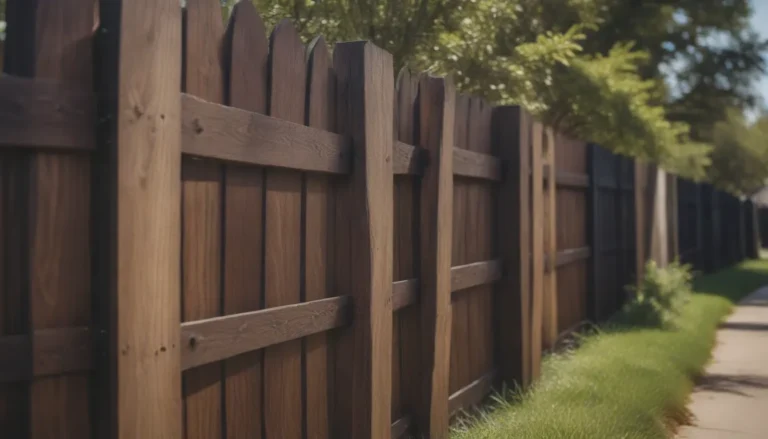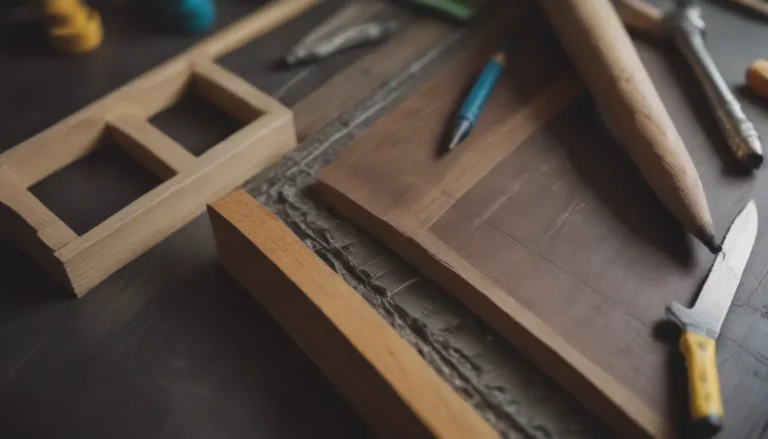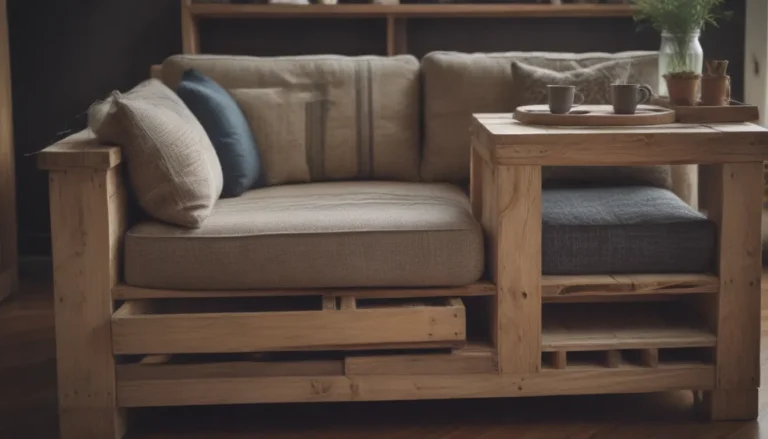Understanding Plumbing Permits: What You Need to Know

Embarking on a plumbing repair or project can be exciting, but before you grab your tools, it’s essential to understand when a plumbing permit is required. Many homeowners mistakenly assume that permits are only for significant remodels, not for smaller projects. However, the truth is that even seemingly small plumbing tasks may need a permit to comply with local regulations. In this article, we will delve into the world of plumbing permits, why they are necessary, and when you should obtain one.
Why Permits are Important
Let’s start by addressing why plumbing permits are essential. Permit requirements serve several purposes, including:
– Protecting local tradespeople who have worked hard to obtain licenses
– Generating income for the county
– Ensuring that work is done safely and up to code
While it may seem like a hassle, obtaining a permit is crucial for the success and legality of your plumbing project. It ensures that the work is done correctly, protecting both you and your community.
The Role of Plumbing Codes
National plumbing codes exist to standardize work done by plumbers. However, local and state regulations take precedence over national codes. Therefore, it is vital to understand and follow your area’s specific plumbing requirements. Before starting any plumbing project, familiarize yourself with local building and plumbing codes to ensure compliance.
Plumbing and building safety codes are in place to protect the public. Ignoring these codes can result in unsafe conditions and legal repercussions. Whenever a permit is required for your plumbing project, it is imperative to obtain one to avoid any potential issues down the line.
How to Determine Permit Requirements
Determining whether your plumbing project requires a permit is the first step towards a successful project. Here’s how you can find out:
- Check Locally: Start by visiting the building and safety department for the county where your house is located. Many counties have permit requirements listed on their website for easy access.
- Online Search: If the information is not readily available, a quick online search for “plumbing permits [your county]” should lead you to the necessary information.
- Contact the Department: If you’re still unsure, don’t hesitate to contact the building and safety department via phone or in person. They can provide guidance on whether your project requires a permit.
It’s always better to be safe than sorry when it comes to permit requirements. When in doubt, reach out to the appropriate department for clarification.
Common Projects Requiring Permits
While permit requirements vary by location, there are several typical plumbing projects that frequently necessitate a permit. Some of these include:
- Re-pipes: Replacing old pipes throughout the house.
- Drain Line Replacements: Updating or fixing drainage systems.
- Sewer Replacement: Installing new sewer lines.
- Water Heater Installation: Adding or replacing a water heater.
- Moving Existing Plumbing: Relocating pipes within the house.
Remember, these are just a few examples, and it’s always best to check with your local authorities to confirm permit requirements for your specific project.
Final Thoughts
In conclusion, understanding when a plumbing permit is required is crucial for the success and legality of your project. By ensuring compliance with local regulations, you can protect yourself, your community, and the integrity of your plumbing work. Take the time to research permit requirements, reach out to the necessary departments for clarification, and always err on the side of caution when it comes to permits. Happy plumbing!





